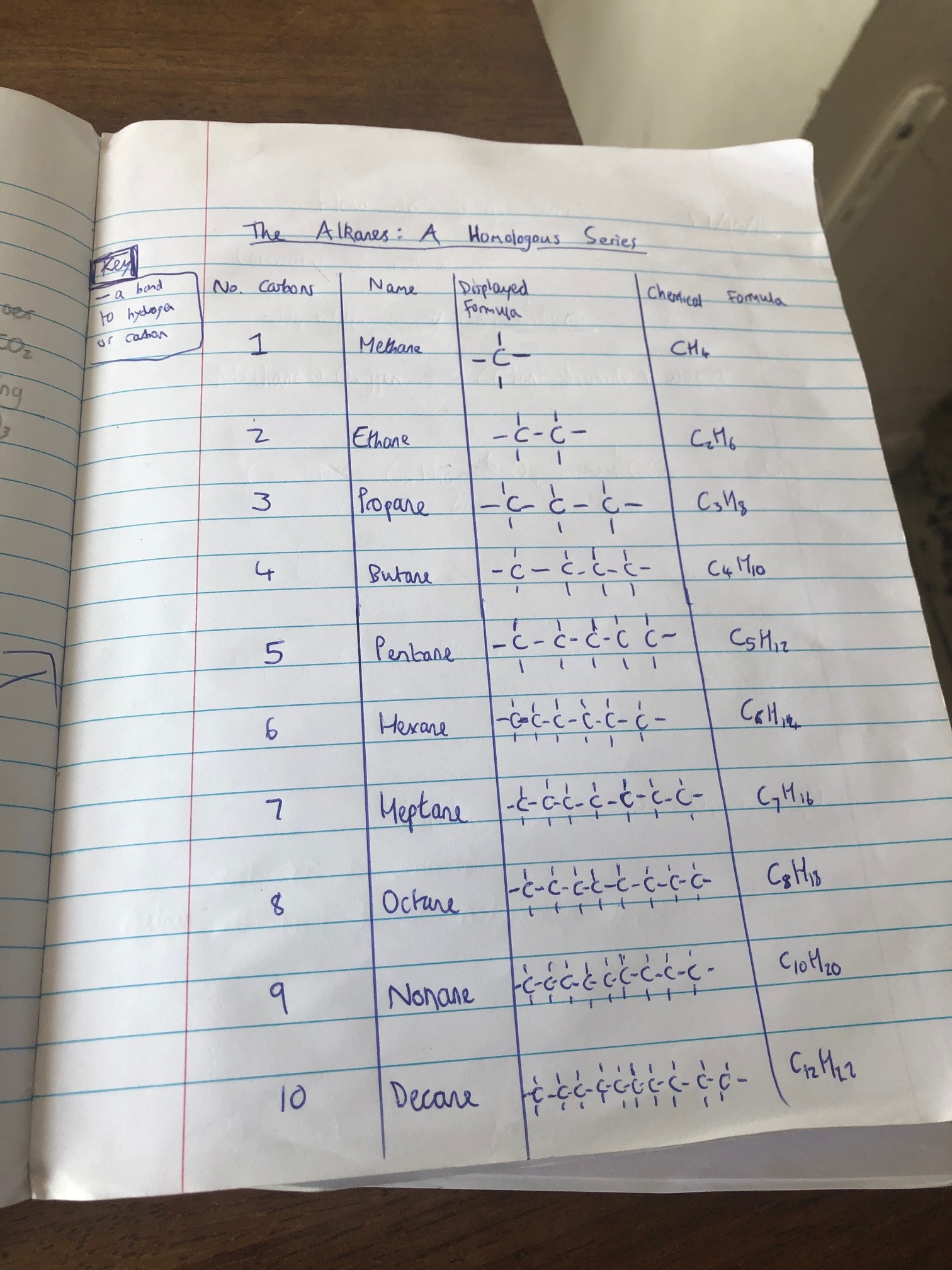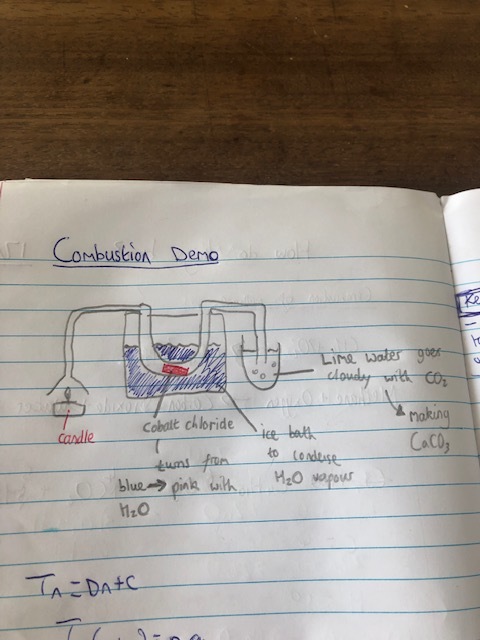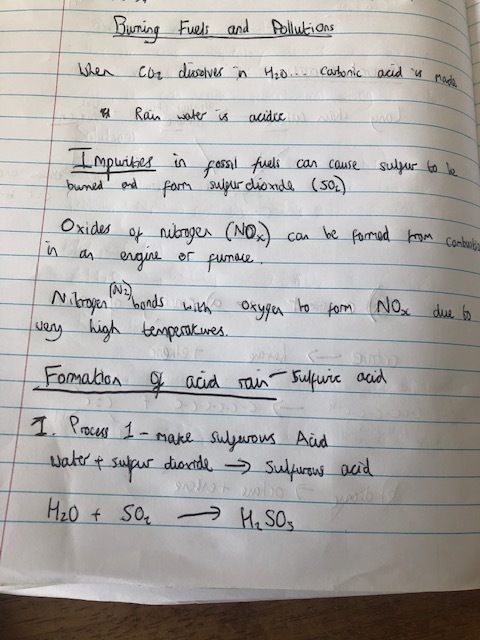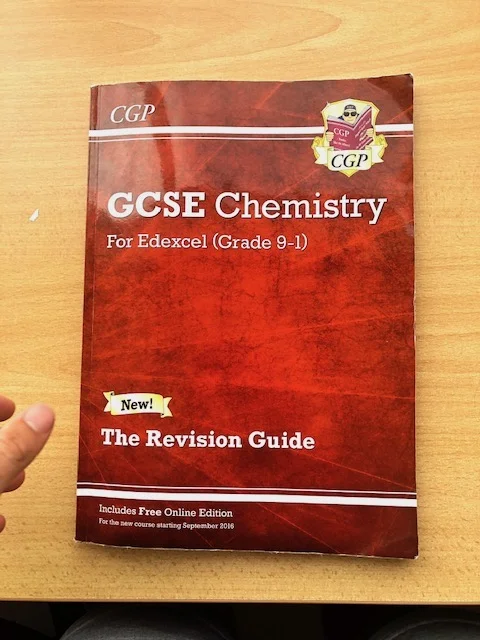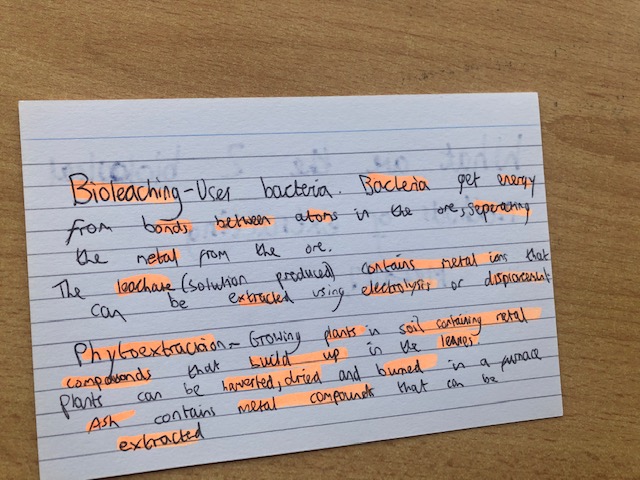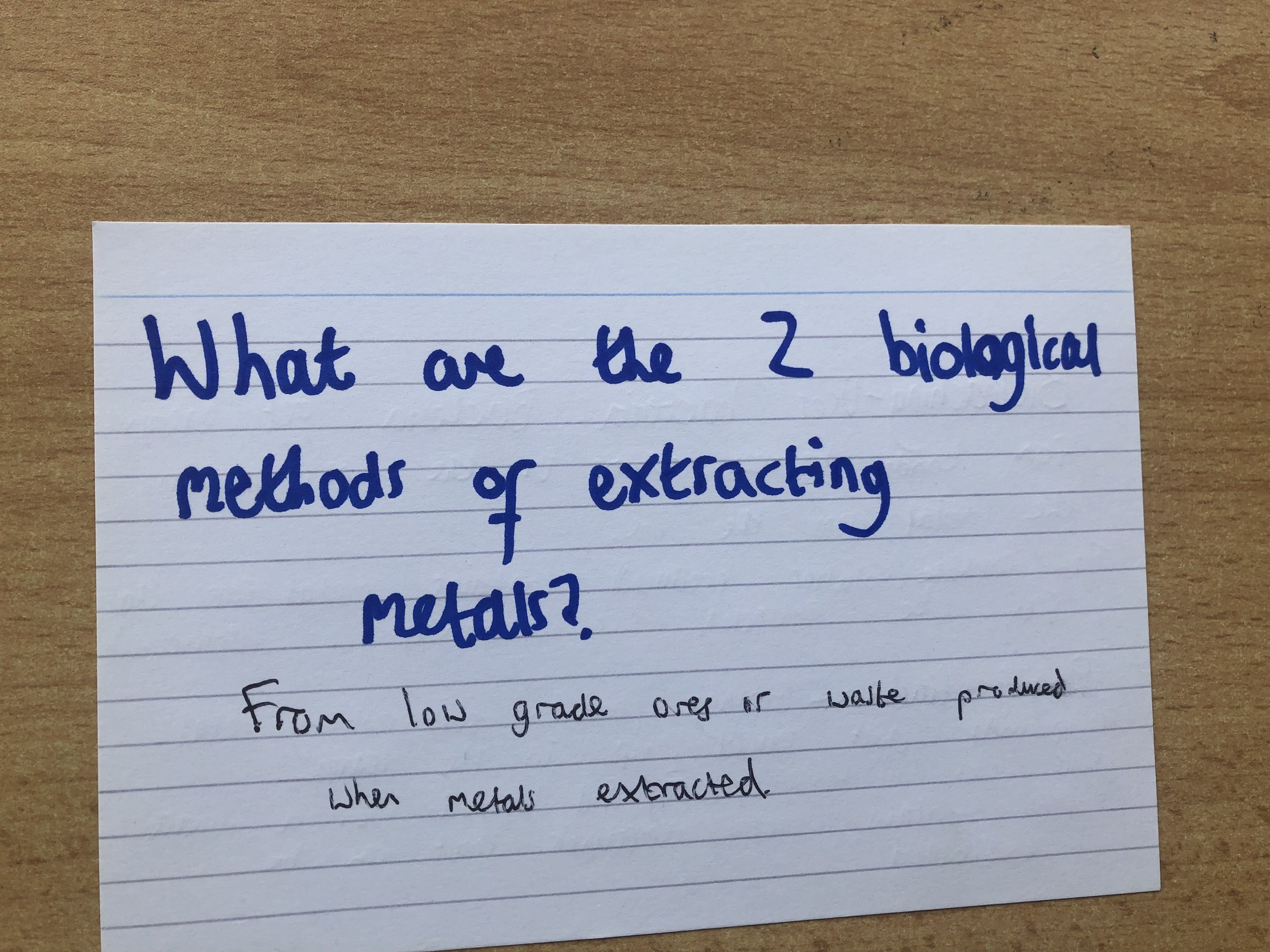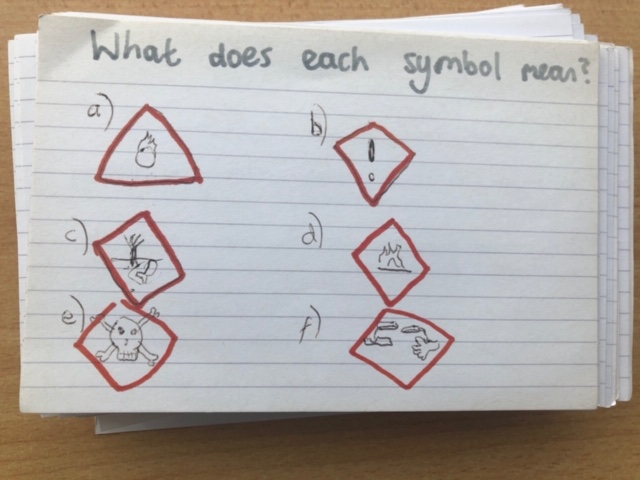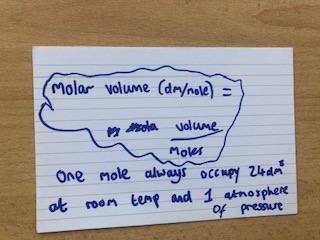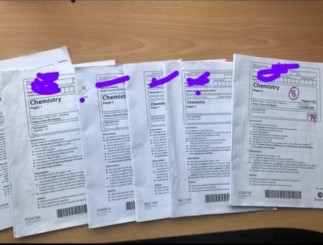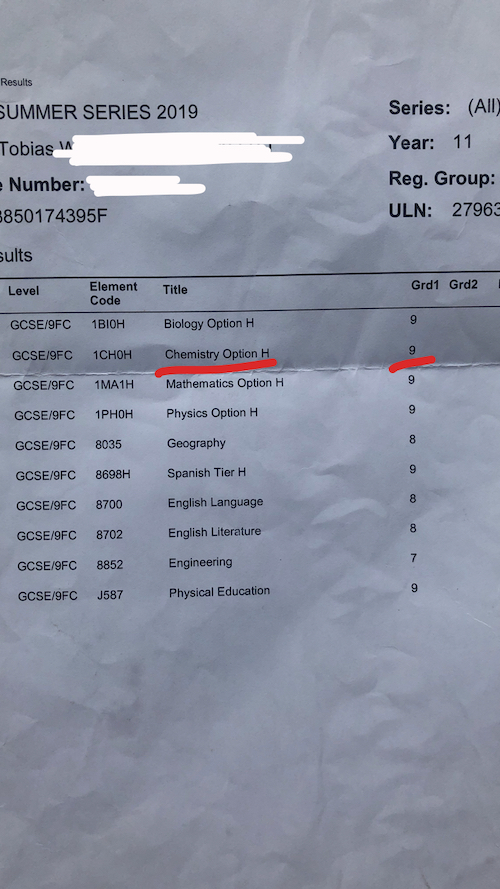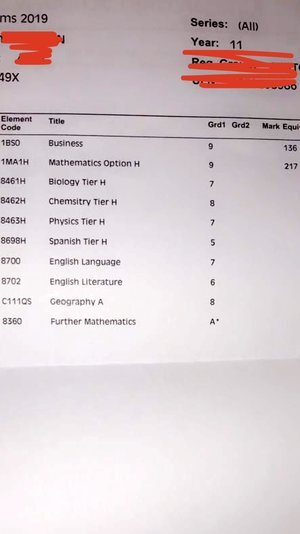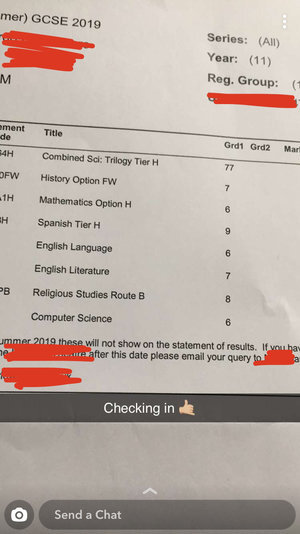Dear year 11, revising can be hard and, from first hand experience of taking my own GCSEs during 2018/19, I know how you feel. I wrote this blog because I know it would have benefited my past self and I hope that it might benefit you and help you achieve the grades you deserve!
By the way, I used The Exam Coach’s Online Exam Preparation Bootcamp to help me through my GCSE year. Now more than ever, students need all the help they can get, and this audio course would be my number one recommendation for you this year. You can also apply a 80% discount if you use the code: BOOTCAMP at the checkout after reading my post (available for a limited time only).
My Background
Throughout years 9 and 10, I didn’t try very hard at school but still didn’t do too badly. “Coasting” was what one of my teachers called it, so when I reached year 11 I knew I had to step up to achieve the grades I was truly capable of.
During year 11, I really struggled to balance my revision with my personal life. I did sports 3 times a week, gym 4 times a week and worked often. So, as you can imagine, I had difficulty fitting revision into my daily life.
My first time revising properly was about 2 weeks before the first set of mocks in November of year 11. To be honest, I had no idea what I was doing and the thing I struggled with most was probably giving an equal distribution of my time and effort to each subject (I didn’t have an exam timetable at this point). In chemistry I got a grade 8 in the mock, which I was happy with, but I also knew that I shouldn’t become complacent because of this. I wanted to ensure I peaked just in time for the real thing! I concentrated in lessons, attended revision sessions once a week (per subject) and did my homework, but only started revising properly in early March, around 2 months before the exams, which, in hindsight, was probably a mistake - I could have started earlier and things would have been far less stressful.
GCSE Chemistry
Here is the exam specification for my exam board (I did Edexcel).
Chemistry can definitely be hard for many students as it tests many skills such as:
Constructing a six-marker
Calculation skills (maths)
Memorising facts spanning the whole specification
It challenges students in a range of ways but if you follow these tips you will be right on your way to a 9 on results day.
Classwork
Something that really helped me to revise and understand the topics in Chemistry was staying engaged in lessons. I only really started making a proper effort to do this in year 11. I know it can be daunting, but putting your hand up and answering questions, even if you get it wrong, will help you in the future when it comes to exam time. Small questions asked regularly can make all the difference for comparatively little effort put in (it’s just raising your hand)!
Taking clear notes is also very important because these will be what you come back to in your revision. Also, if you miss a lesson for whatever reason, be sure to copy down notes from your friends.
Don’t understand what you missed?
See your teacher! Admitting you don’t understand something can be hard for some people and asking your teacher (especially outside of normal class hours) can be even harder but it is very important. Never be afraid to ask for extra help in lessons or see your teacher afterwards, especially if you have missed a lesson or two.
I missed many lessons due to sports events and matches so I got into the habit of asking when I didn’t understand something I’d missed - it saved me a load of time in the long run! For example, within the syllabus I found topic 9 particularly challenging so during those classes I made a mental note to myself to pay extra attention.
I’ve taken pictures of a few of my class notes below. As you can see, they’re nothing too fancy! Just simple, clear and easy to digest. As long as you make it your aim to take note of everything in the syllabus in a way that will make the information easy to understand when you start revising then you’ll be in a great position to do well in the exam.
The Revision
To begin, I made a timetable, which helped me revise each subject equally, then I cut down on some of the activities I was doing outside school to free up some time. I also tried to find the most efficient revision method I could.
Don’t know how to make a revision timetable?
Check out this post.
Don’t know the most effective revision methods?
Watch this video.
Some of my friends were revising at least 5 hours a day but I knew that wouldn’t work for me so decided to work smarter, not harder.
I found making flash cards from CGP revision guides the most effective way of retaining information so I slowly made my way through the guides, making a flash card for each point that I wasn’t confident I already knew, skipping obvious pages to save time.
I used colours for some but was also conscious of not wasting time trying to make my notes ‘look good’. In the end I wrote them in black ink then when I had finished re read them, highlighted key words in orange then without the notes in front of me, tried to remember some of the topic I just wrote notes on. I also sometimes drew pictures which helped a bit with boredom and also helped me remember the card as I pictured it in my head.
I always had problems focusing for long periods of time but listening to music helped and even watching Netflix in the background motivated me at some points. Note, this was most helpful for ‘low brain power’ tasks such as writing notes in order to gain a general understanding of a topic. I wouldn't recommend watching Netflix when trying to memorise information! It’s too distracting, especially when you’re watching something decent.😉
I also used Seneca, a revision app/website, which was quite useful and a lot more enjoyable than the conventional “getting your head down”. The points system gamified the experience for me and made it feel less like boring old revision.
My final revision method was watching videos on YouTube and Instagram. On Instagram, I would recommend @boostrevision and obviously @theexamcoach for motivation whenever I wasn’t feeling like working or just for general exam advice and tips.
@boostrevision‘s live-streams on Instagram were very helpful a few days before an exam to ask any questions I had or anything I was unsure on with clear and simple explanations.
On YouTube I watched freesciencelessons.com for topics I struggled on and Science With Hazel has very helpful videos to write notes on, covering the whole of paper 1 or 2 in just a couple of hours.
I finished my flash cards for chemistry around 2 weeks before the exams began but I definitely hadn’t memorised all of them at that point. I went over them whenever I could, whether it was in the car to a rugby match, on the train or before I went to bed and continued my other revision methods as well.
Eventually I felt I knew enough to do past papers so I did 3 for paper 1 (they were given to us by school) in the last week before the exams started and got 96/100 in one of them.
Wherever I got a question wrong (when it wasn’t a silly mistake) I would watch a video on it on YouTube, normally freesciencelessons.com or Science with Hazel, then write notes on it again. I did the same with flash cards I struggled to remember or a particular topic I had difficulty with.
I’ve added some photos of my flashcards below. Again, I went for practicality over colour/style. Do what you are most comfortable with!
I also wrote small bits of information I couldn’t remember very well, for example, flame test colours, on post-it notes then stuck them all over my house. This helped because I saw them whenever I brushed my teeth or opened the fridge, during the exam I could then picture the place in my head and then recall what was written on the post-it note. This is a bit like the memory palace technique which memory experts often use to remember huge amounts of detailed information. Anyway, my version of this technique did the job for GCSE! It also helped that I would see the note multiple times a day whenever I walked past it.
As always, little and often is the most efficient method. I found writing mnemonics on these post-it notes particularly useful.
Example: Little-Cats Sometimes-Yell Pretty-Loudly Cause-Of Cold-Gardens
👆I used this to remember the flame tests for cations.
Another technique I used quite often as a little bit of a break from writing was FaceTiming my friends and just testing each other from the revision guide questions. Try to find someone of similar motivation and ability to challenge each other, you could also keep it light hearted and jokey so it didn’t really feel like normal revision!
…And remember to smash through plenty of past papers before the real thing.
The Exam
The night before the exam, I separated my flash cards into 2 piles:
Pile 1
Flashcards I knew.
Pile 2
Flashcards I didn’t totally know or was a bit slow/hesitant when I tested myself.
I then wrote the ones I didn’t remember repeatedly and found this worked for a short term memory method. Just before the exam I read through the notes from the night before and this helped calm me down just before going into the exam hall.
I didn’t have a fancy technique for the exam, I just went through it one question at a time and focussed only on the question at hand. The paper went pretty well, apart from a few silly mistakes I made (remember to read the questions properly). For paper 2 I used the same methods and the outcome was similar - because I had revised solidly I was able to tackle the tough topics which came up.
Pro Tips
I would definitely recommend revising earlier than I did as I only just finished in time so maybe start in early February (but be careful not to burn out).
Attend revision sessions, especially in half term (if they are offered by your school). For me, I found it easier and less boring to revise after school in a school environment and the teacher being there to answer questions was also useful.
In the real thing (GCSE Chemistry) I scored about 20 marks above a 9 so it shows these techniques work!
Revise whenever there is an opportunity, little and often worked best for me, especially if you have a busy life. Testing yourself on a flashcard multiple times a day and then on the odd occasion in the future is a great idea. Team up with a friend to make it a little competitive but also so it doesn’t feel like work.
Revise in a variety of places. Revising tends to get very boring so going over flash cards somewhere interesting and different like the park or the beach can be a nice change from a desk inside. Switch things up to keep them fresh and interesting.
Stick post it notes everywhere. This takes hardly any effort and incorporates revision into everyday things like brushing your teeth!
Before the exam go to bed early! Trust me, you’ll regret staying up all night revising in the exam. The marks you’ll gain by being mentally sharp will far outweigh any random fact you might be able to learn by staying up all night.
Have a coffee ( if you like it) before the exam (this really helped me concentrate and wake up a bit) and eat a good breakfast like porridge to make sure you have enough energy, especially if you have more than one exam that day.
Finally, (and most importantly) remember to relax and take regular breaks. Don’t let your exams take over your health!
I hope this helped and I wish you the best of luck with all your exams.
Want some more help from The Exam Coach this year?
Online Exam Preparation Bootcamp
Learn how to prepare for your GCSE and A Level exams like the top performing students in the UK 🇬🇧
Improve your grades by one and a half grade boundaries (on average).
This audio programme will make you:
More disciplined
More motivated
Revise faster and better
For a limited time only, we’re offering you an 80% discount on this course!
Enter discount code BOOTCAMP at the checkout (available for a limited time only). Take a look and find out more about the Online Exam Preparation Bootcamp by clicking the button below.


